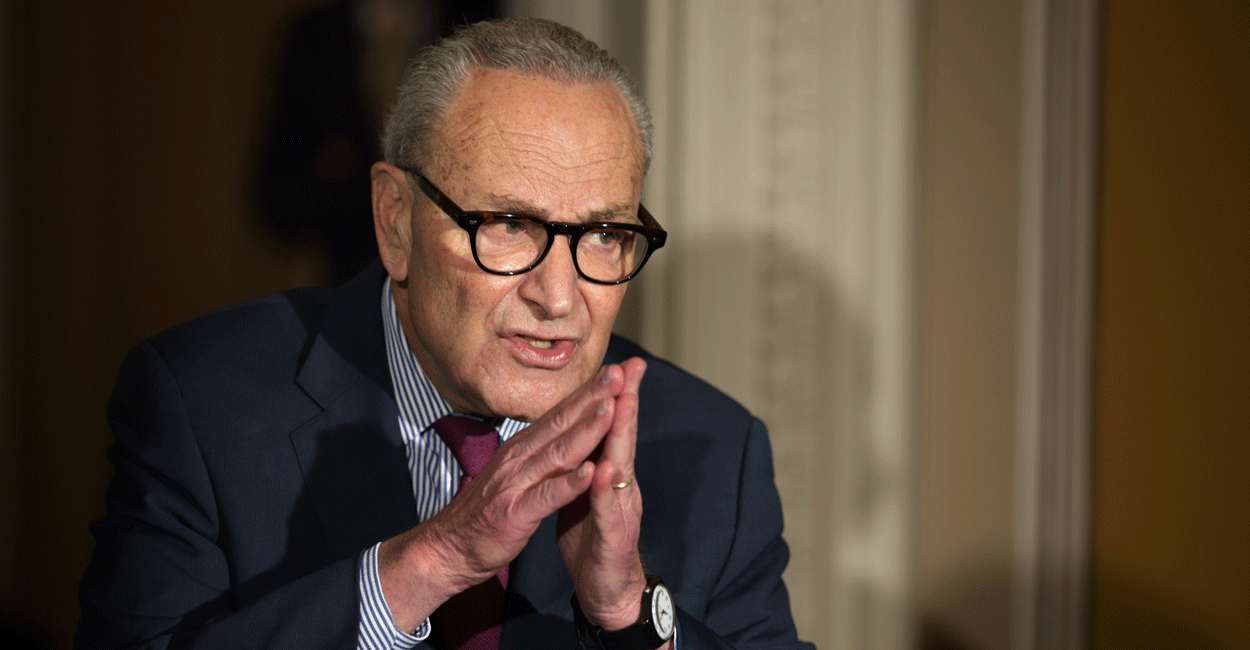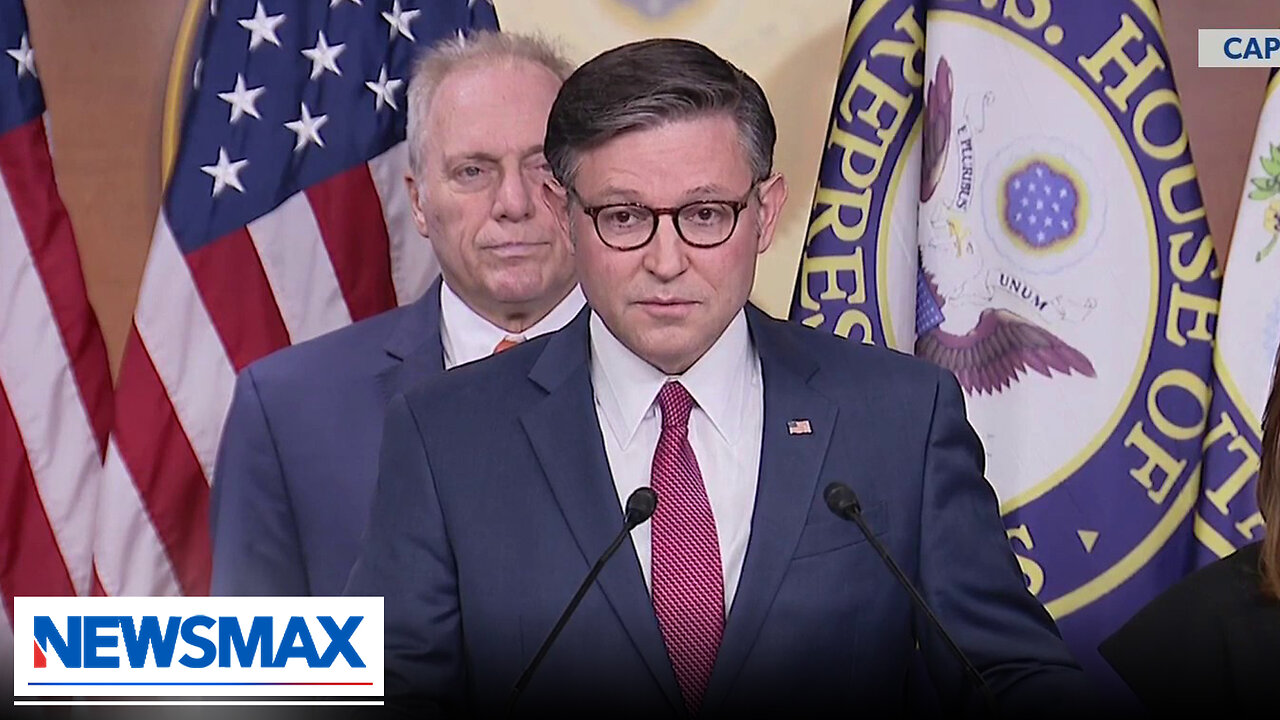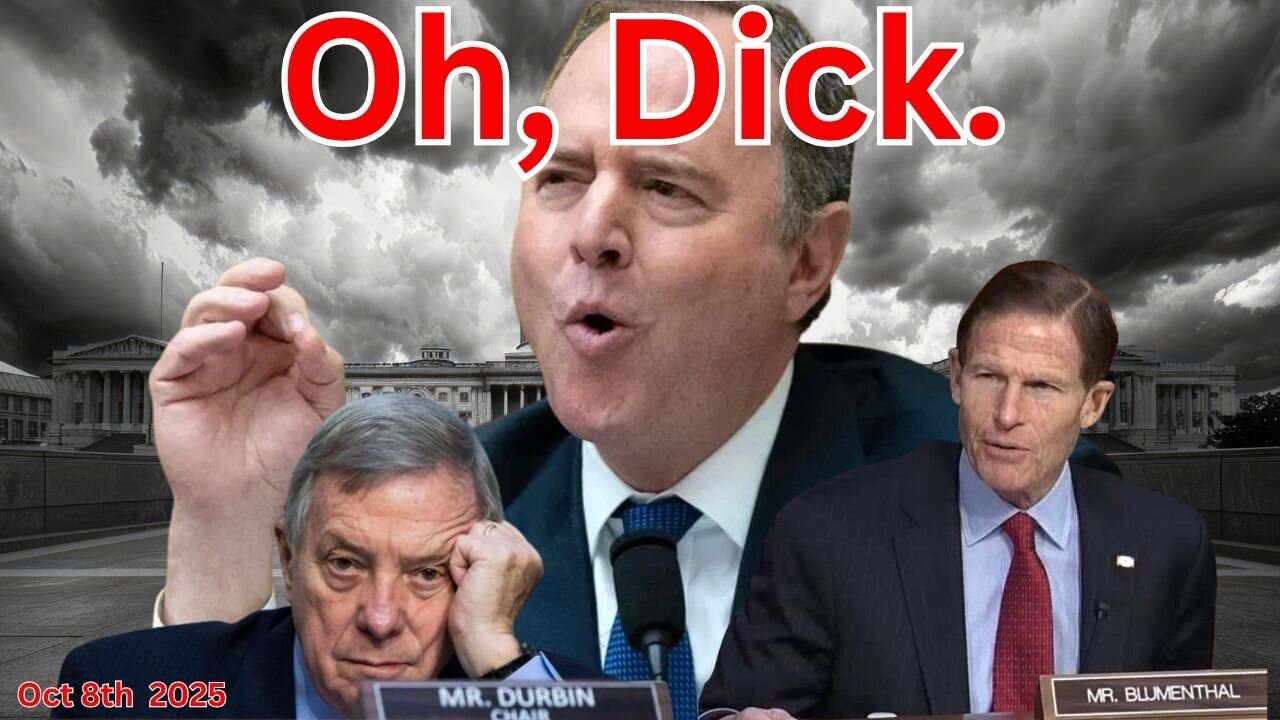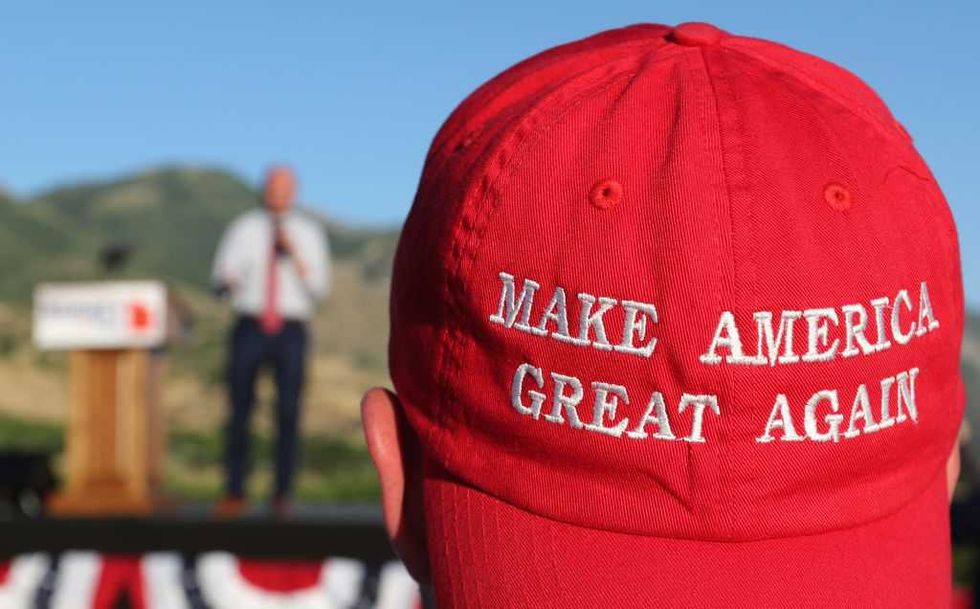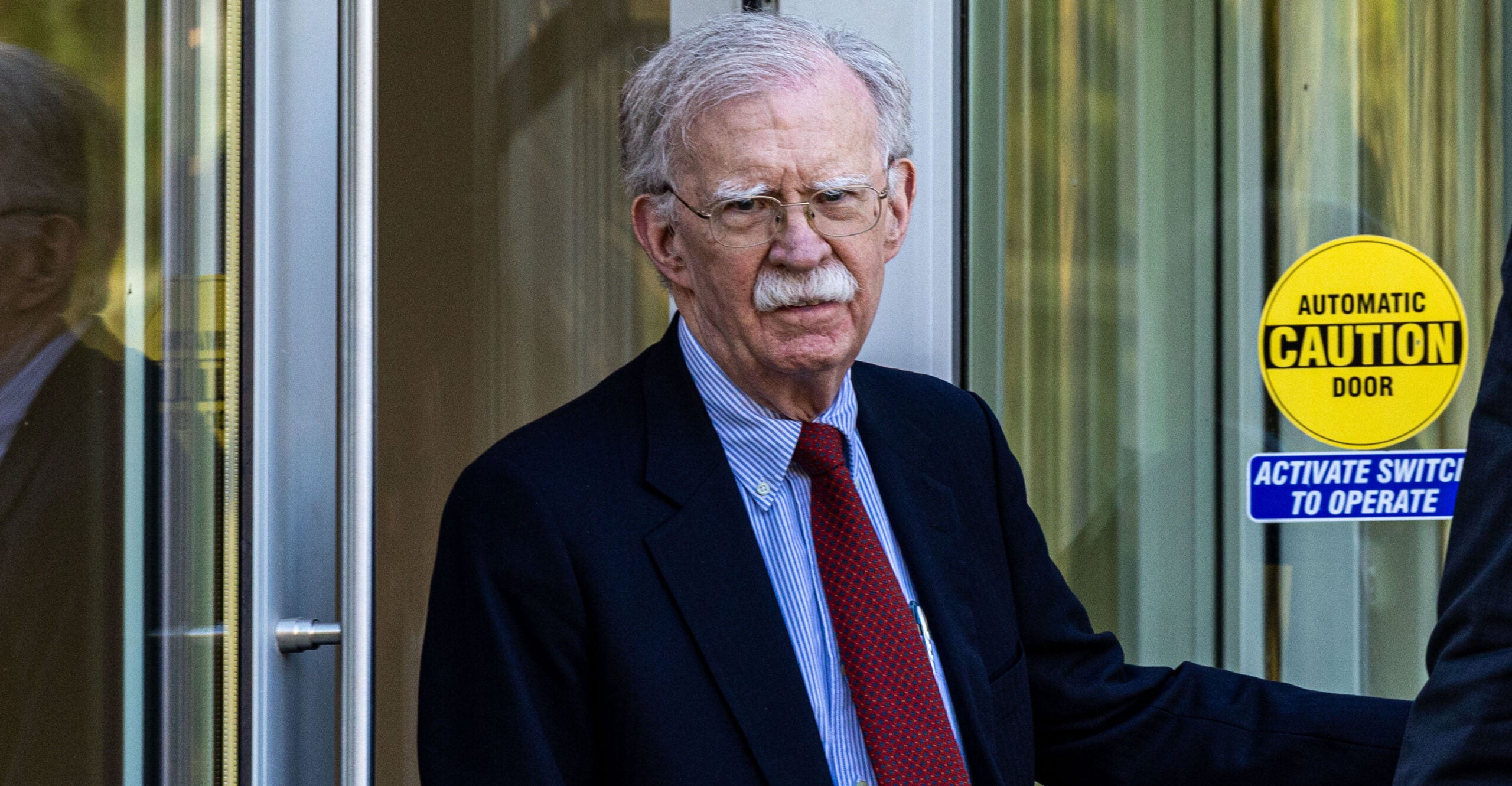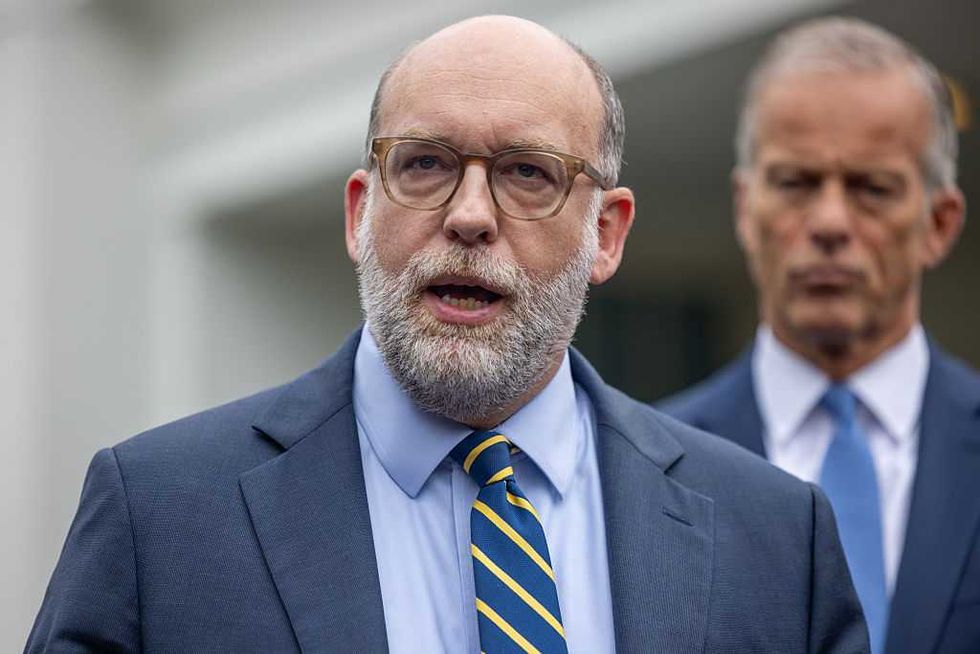Trump EPA takes aim at forever chemicals
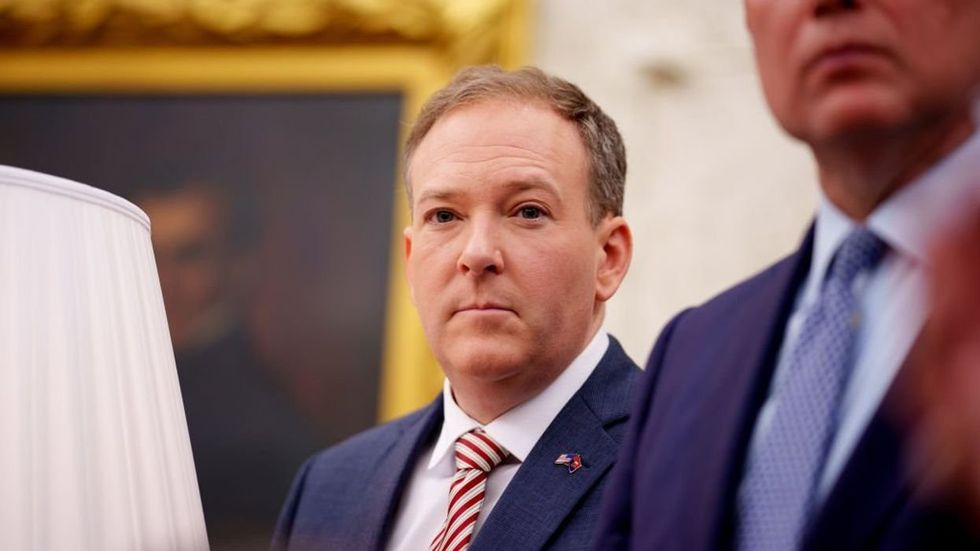
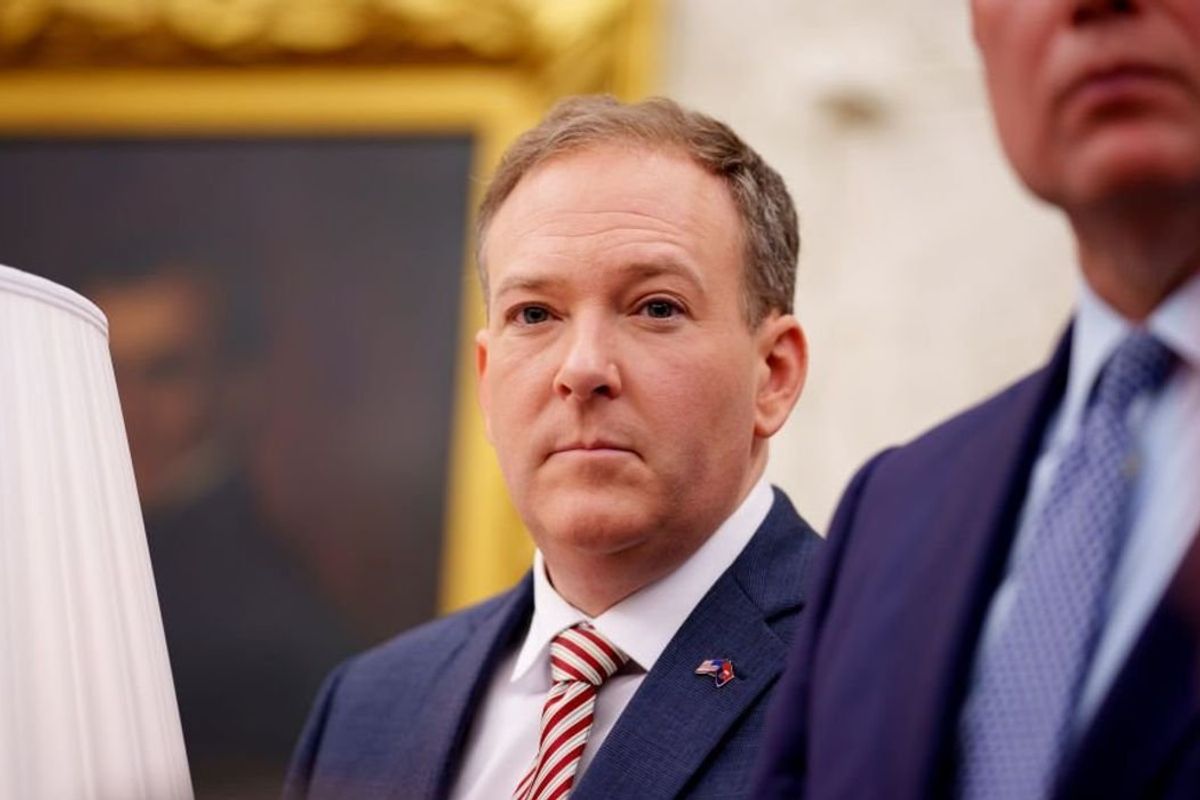
The Trump administration appears serious about ridding American drinking water of per- and polyfluoroalkyl substances, also known as "forever chemicals," and penalizing polluters.
U.S. Environmental Protection Agency Administrator Lee Zeldin announced on Monday that his agency will be taking a suite of actions to address PFAS.
"We are tackling PFAS from all of EPA's program offices, advancing research and testing, stopping PFAS from getting into drinking water systems, holding polluters accountable, and providing certainty for passive receivers," Zeldin said in a statement. "This is just a start of the work we will do on PFAS to ensure Americans have the cleanest air, land, and water."
PFAS is a group of roughly 15,000 synthetic chemicals that have been in consumer products since the 1940s. The EPA noted on its website that PFAS "can be present in our water, soil, air, and food as well as in materials found in our homes or workplaces."
A 2015 report by the Centers for Disease Control and Prevention revealed that PFAS were found in the blood of approximately 97% of Americans. A 2023 study released from the U.S. Geological Survey indicated PFAS were found in at least 45% of the country's tap water.
Citing the current peer-reviewed scientific literature, the EPA indicated that exposure to PFAS could lead to:
- decreased fertility and increased high blood pressure in pregnant women;
- developmental delays in children, "including low birth weight, accelerated puberty, bone variations, or behavioral changes";
- increased risk of cancers such as prostate, kidney, and testicular cancers;
- hormonal destabilization; and
- increased cholesterol levels.
According to the National Institute of Environmental Health Science, studies have also found possible links between PFAS and diminished immune systems, increased risk of childhood obesity, and increased risk of Type 2 diabetes in women.
The EPA has now committed to "strengthening the science, fulfilling statutory obligations and enhancing communication, and building partnerships."
'It's encouraging to see the support of the Trump EPA to express their concerns about PFAS.'
The agency will apparently take 21 actions to address PFAS contamination, such as:
- support investigations into violations;
- use Safe Drinking Water Act authority to probe and remedy immediate endangerment;
- enforce the Clean Water Act and Toxic Substances Control Act limitations on PFAS use and release to prevent further contamination;
- advance remediation and cleanup efforts where drinking water supplies are contaminated;
- work with states to assess risks from PFAS contamination;
- beef up the development of testing methods to improve detection of PFAS;
- implement a PFAS testing strategy under the Toxic Substances Control Act;
- launch additional efforts on air-related PFAS data collection and measurement techniques;
- develop effluent limitations guidelines for PFAS manufacturers with discharge reductions in mind; and
- designate an internal PFAS czar to "better align and managed PFAS efforts across agency programs."
John Rumpler, clean water director and senior attorney at the Environment America Research and Policy Center, expressed optimism Monday about the agency's proposed actions.
"Some of the initiatives announced by EPA could begin to advance Administrator Lee Zeldin's stated objective: 'to ensure Americans have the cleanest air, land, and water,'" stated Rumpler. "These include setting at least some limits on how much PFAS certain industries can release into our waterways, and using our nation's toxic substances law to restrict the use of these chemicals — hopefully in the strong manner that several states have already done."
"On face value, it's encouraging to see the support of the Trump EPA to express their concerns about PFAS," Linda Birnbaum, an American toxicologist who formerly served as director of the National Institute of Environmental Health Sciences, told Inside Climate News. "The question is always, what are the devils in the details."
Environmental and health experts are not the only ones cautiously hopeful about the EPA's next steps.
The American Chemistry Council, an industry trade association for chemical companies, said in a statement obtained by Chemical and Engineering News, "While we need to learn more about the details of EPA's announcement, we have consistently advocated for a comprehensive approach to managing PFAS, including for the designation of a point person to coordinate across differing programs and agencies."
"We support strong, science-based regulations for PFAS chemistries that take into account the differences between them, continue to allow for the many products that they enable, and drive domestic manufacturing," added the ACC.
Although the EPA now appears to be largely picking up where the first Trump administration left off with its 2019 PFAS action plan — which called for improving methods and tools for managing PFAS risk, as well as greater enforcement — some notable efforts on this front were made by the Biden administration.
The agency established national, legally enforceable limits last year on PFAS in public drinking water in April 2024. The final EPA rule gave public water systems three years to complete initial monitoring for PFAS contamination. Those who discovered PFAS at levels in excess of federal standards were afforded another five years to reduce the amount.
Despite having years to comply with the April 2024 rule, water utilities and chemical producers filed suit, claiming the government was exceeding its authority in trying to remove dangerous chemicals from municipal water systems.
The New York Times reported that the Trump administration faces a May 12 deadline to decide whether it wants to mount a legal defense of the water standards.
Like Blaze News? Bypass the censors, sign up for our newsletters, and get stories like this direct to your inbox. Sign up here!
Originally Published at Daily Wire, Daily Signal, or The Blaze
What's Your Reaction?
 Like
0
Like
0
 Dislike
0
Dislike
0
 Love
0
Love
0
 Funny
0
Funny
0
 Angry
0
Angry
0
 Sad
0
Sad
0
 Wow
0
Wow
0




